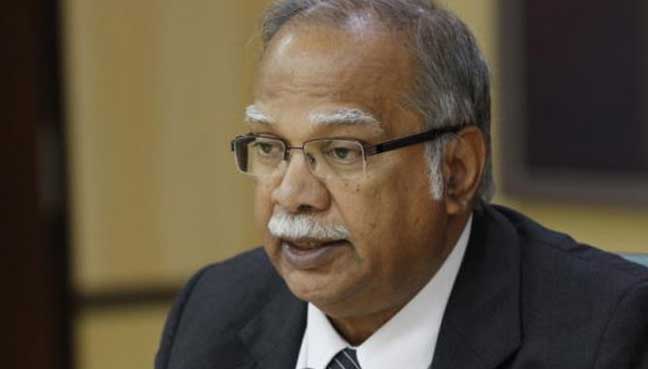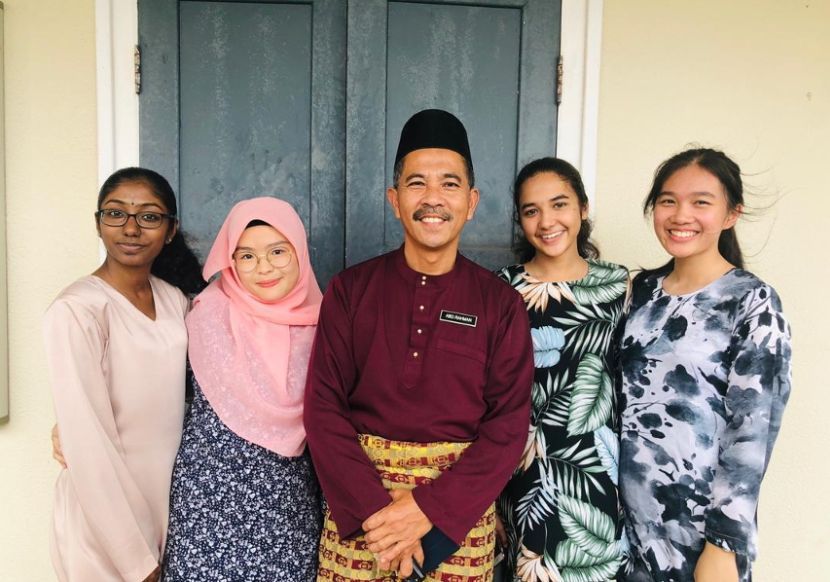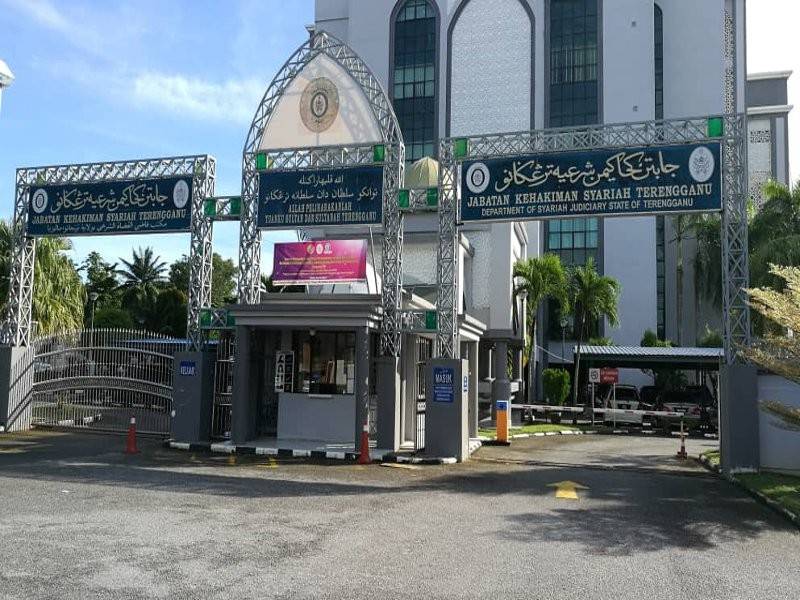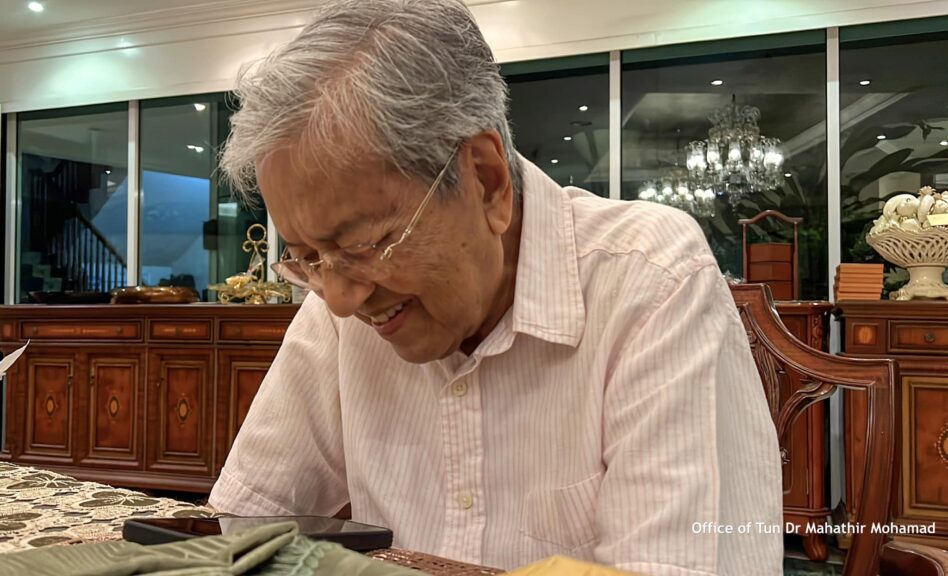LIVING in a multi-racial and multi-cultural society, the tendency to wear the attire of different ethnic communities is something common.
It should be even encouraged to strengthen diversity in the country. There is no need for favourable or adverse publicity in such matters.
This is something expected.
However, despite the multi-racialism in Malaysia, the wearing of clothing of different racial or religious groups seems to be problematic.
Given the politics of majoritarianism perpetrated by some ethnic and religious parties, there is an element of suspicion and counter-suspicion.
Wearing the attire of the Malay-Muslims is seen as an aspect of appeasement by the non-majoritarian communal groups or individuals.
The Malays might accept their attire being worn by others, but this doesn’t mean that some segments within them will not be suspicious.

Wearing the attire of the Malays by non-Malays might be a sign of respect or being courteous at the former’s functions.
The problem is not so much the attire, but rather the nature and implications of wearing cross-cultural attire in a politically-charged environment.
Given the political permeability, even the most irrelevant thing about wearing a different attire becomes an issue.
It is the same for members of the Malay community.
If they are seen to respect the Indians or Chinese by wearing their attire, politically this is seen as something some Malays want to avoid at all costs lest they be branded for diluting their ethnicity or religion.
Cross-cultural preferences are there, but the difficulty is seen in drawing a line between what is considered as a mark of respect and what is considered as an appeasement or both.
Bridging cultural divide
It is perfectly alright to experiment in wearing the attire of other ethnic communities. It can be a mark of respect and understanding while at the same time, consciously resisting from appeasement politics.
Anyway, this is not as clear cut in the realm of social relations in Malaysia. Our society is very much polarised along racial and religious lines.
Even the inconspicuous aspects such as wearing traditional clothes or attires of other races, might be construed along political lines.
Thus, wearing the attire of the majoritarian community can be viewed politically. There is nothing wrong in donning the attire of others, it should be encouraged.
But then, whatever the objective of embracing diversity, there is no escaping from facing the political implications.
The problem is not the attire of others – whether majoritarian or not – but in dealing with the political implications.
The extremism of race and religion have wrecked such havoc on diversity that innocent acts of wearing the attire of others or eating their food are subject to all kinds of political interpretations.
It has thus become really difficult for individuals of one community to interact with others by donning the attire of other communities.
Essentially, it is not about wearing the attires of other ethnic communities, but is more about the political implication.
The politics of zero-sum game that interprets every form of action in terms of gains and losses. So much for diversity in the country! — Dec 5, 2021
Ramasamy Palanisamy is the state assemblyperson for Perai. He is also Deputy Chief Minister II of Penang.
The views expressed are solely of the author and do not necessarily reflect those of Focus Malaysia.
Photo credit: MStar










